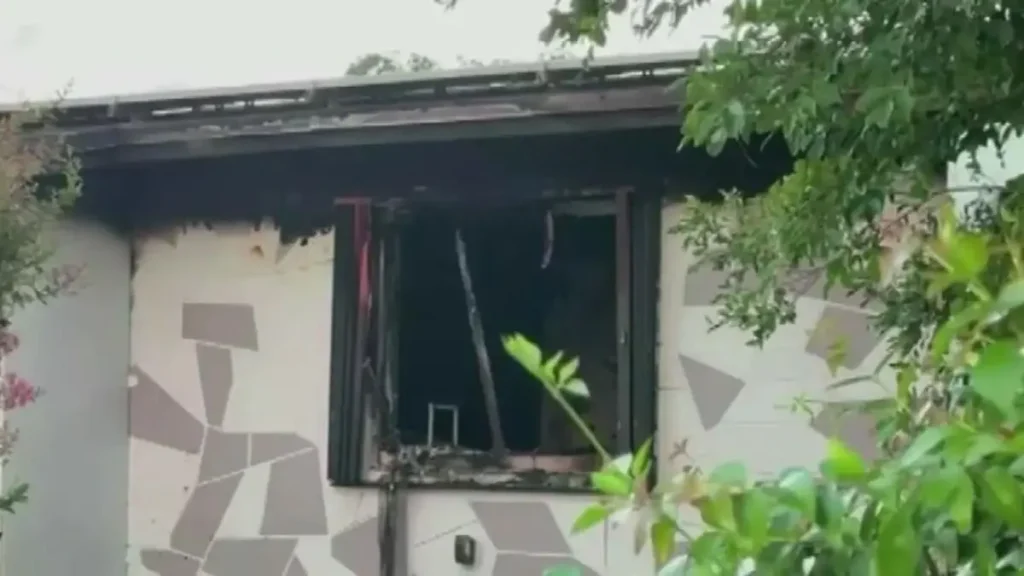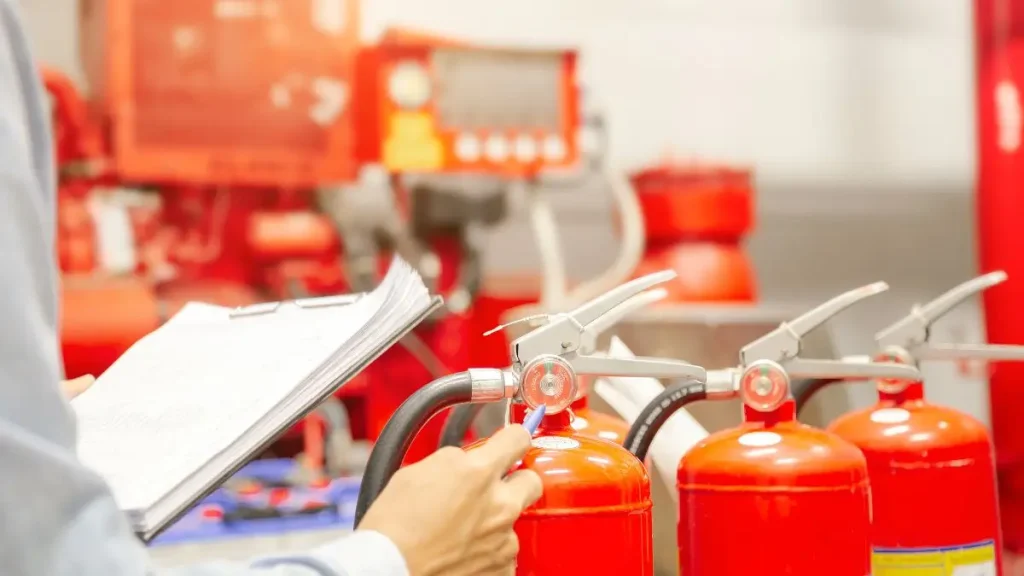Miami Gardens House Fire Kills Dog, Family Escapes Without Injury
I woke up to the heartbreaking news of a house fire in Miami Gardens that claimed the life of a family’s dog early Wednesday morning. Around 5:30 a.m., flames tore through a home on Northwest 151st Terrace, forcing a mother and her children to flee for their lives. They made it out just in time—but their dog didn’t.
It’s the kind of story that hits you hard. You picture a family scrambling out in the dark, coughing from smoke, realizing too late that their pet didn’t make it. One family member was rushed to the hospital for smoke inhalation, and by sunrise, the home was too dangerous to re-enter. Officials later declared the structure unsafe.
What makes this worse is how common it’s becoming. Fires like these don’t just destroy property—they break families apart in ways that aren’t always visible. As a parent or pet owner, you can’t help but ask: What if this happened to me?
This piece isn’t just about the fire. It’s about what we can learn from it—how a quick decision can save lives, why smoke alarms matter, and what you should be doing right now to protect the people and pets you love.
Have you ever thought about how prepared your home really is for something like this? Let’s break it down.
What Really Happened Inside That Miami Home?
The fire broke out just before dawn, around 5:30 a.m., while most of the neighborhood was still asleep. According to a report from CBS News Miami, the home near NW 151st Terrace and 33rd Avenue caught fire while the family was inside. A mother and her children were the only ones home at the time.
She told responders that she woke up to the smell of smoke. No alarms, no warning—just instinct. She grabbed her kids and ran out. That decision likely saved all their lives.
Unfortunately, the family’s dog didn’t make it. By the time firefighters arrived, flames had already swallowed much of the structure. One family member was taken to the hospital for smoke inhalation. Everyone else made it out physically unharmed, but emotionally? That kind of fear and loss doesn’t go away easily.
The building department later deemed the home unsafe. Whatever life looked like for them before that morning—it changed in minutes.
These kinds of middle-of-the-night fire escapes remind me of the Forest Acres fire where responders found a victim too late—timing is everything.
The Dog That Didn’t Make It—and What That Means

There’s something incredibly raw about losing a pet in a fire. For many of us, our dogs aren’t just animals—they’re part of the family. They sleep by our kids, greet us at the door, and sit quietly during the worst days. Losing that presence isn’t just sad—it’s gutting.
We don’t know the dog’s name or breed yet, but that doesn’t really matter. What matters is that it was loved, and it was lost in a terrifying moment when the family had no time to think twice.
And here’s the part most people overlook: during house fires, pets are usually the most vulnerable. They hide. They can’t open doors. That’s why I always tell people—if you have pets, build them into your escape plan. Use pet alert window decals. Keep a leash or carrier near exits. Practice fire drills with them.
It’s not paranoid. It’s smart.
We’ve seen similar tragedies across the country, including a Cleveland house fire that claimed a life and left one injured—often it’s the same story: just a few minutes make all the difference.
What Caused the Fire—and What Happens Next?
As of now, fire officials haven’t confirmed what caused the blaze. But NBC Miami reports that the investigation is still underway, and authorities are looking closely at possible sources—like electrical wiring or kitchen appliances. Fires that start in the early morning hours often point to something smoldering overnight or a device left on unintentionally.
These investigations take time, but what’s clear is this: it wasn’t arson. It was a tragic accident—one that could’ve happened in any home.
Miami-Dade Fire Rescue hasn’t released further details, but we can expect updates soon. In the meantime, it’s worth thinking about how fast a fire like this can spread. A few minutes of heat and smoke, and an entire home becomes unlivable.
Most people assume they’ll have time to react. That’s not how fire works.
Sadly, these early morning fires are becoming far too common—like the recent fatal house fire in Kansas where a woman tragically didn’t make it out.
How Safe Is Your Home Right Now?

If you’re reading this and thinking, I’d probably be okay in a fire, stop. Most people believe that—until something goes wrong.
Here’s the truth: according to the National Fire Protection Association (NFPA), 3 out of every 5 home fire deaths happen in places without working smoke alarms. Not missing—just not working. Batteries die, devices age, and we don’t even notice.
You don’t need a panic button. You need a plan. Here’s a simple 4-step checklist I recommend to everyone:
- Test your smoke alarms monthly. Replace the batteries twice a year.
- Keep exits clear, especially at night. That hallway clutter? It slows you down.
- Make a 2-minute escape plan with your family. Practice it once. That’s enough to lock it into memory.
- Don’t forget your pets. Keep leashes, crates, and a window decal that alerts firefighters if animals are inside.
You don’t need to spend money. You just need to spend a little attention.
You can even find quick safety tips and real-time fire updates shared regularly in some WhatsApp communities focused on home safety—worth keeping an eye on if staying prepared matters to you.
The Community Always Shows Up
In moments like this, you see what neighborhoods are really made of. Local responders didn’t just put out flames—they comforted a shaken family who had just lost their home and their dog. A relative told the media the family is now staying with loved ones, but it’s not clear how long that will be sustainable.
If you live nearby or feel moved by their story, here’s what actually helps:
- Gently used clothes (especially for kids)
- Temporary housing or donation leads
- Pet supplies, gift cards, or essentials like toiletries
- Reaching out to local churches, Red Cross, or mutual aid groups who may already be organizing help
This family didn’t ask for a tragedy—but they’ll need support to rebuild.
Final Thoughts
Stories like this don’t just belong to someone else. House fires happen fast, often when you least expect them. What saved this family was awareness, instinct—and a little bit of luck. But we can’t all rely on luck.
So if you’ve been putting off that battery change, the exit plan, or the fire drill… this is your sign.
Ask yourself right now: If this happened to me, would I be ready? Would my kids? My pets?
You don’t need to obsess over what-ifs—but ignoring them isn’t the answer either.
Stay alert. Stay safe. And if you’ve ever experienced something like this—I’d love to hear your story. What did you learn? What helped the most afterward?
For more real-life stories about house fire incidents and recovery, check out other reports on Build Like New.
Disclaimer: This article is based on publicly available news reports and official updates at the time of writing. Details may change as investigations continue. Always refer to local authorities for the most accurate and current information.


